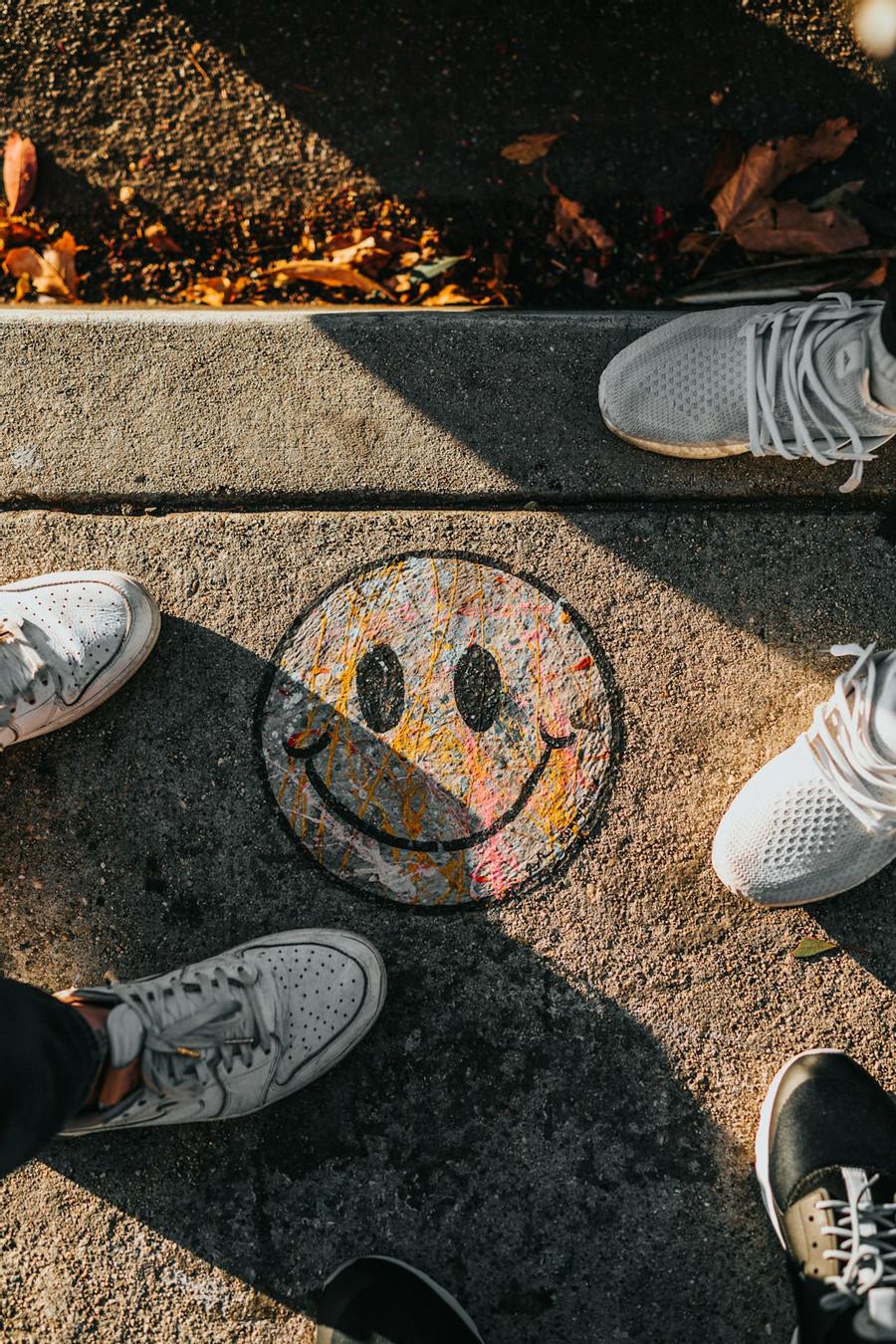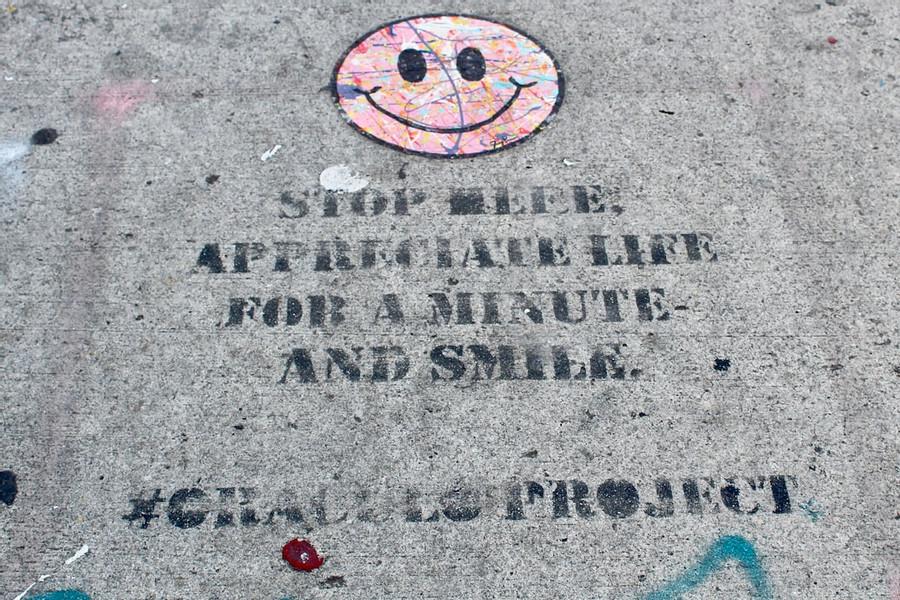Health and happiness go hand in hand | Harvard Health
Curated from: health.harvard.edu
Ideas, facts & insights covering these topics:
14 ideas
·3.29K reads
27
Explore the World's Best Ideas
Join today and uncover 100+ curated journeys from 50+ topics. Unlock access to our mobile app with extensive features.
Happy-go-lucky ☺
Research shows that you can increase your own happiness.
On average 50% of a person's general level of happiness is determined by genetics.
40% is under your own control.
The remaining 10% depends on circumstances.
Describing yourself as a happy person in effect results in fewer health problems, lower risk of depression and longer living.
What if you aren't naturally a happy and cheerful person? Is it possible to make oneself happy?
28
351 reads
Even if you don't consider yourself happy, there is a good chance you have some power to change it.
DR R WALDINGER
25
339 reads
Work On Happiness
Ofcourse it's a challenge for even a happy-go-lucky person to remain upbeat.
Like any aspect of wellness, happiness is a constant work in progress.
No matter your current state of happiness, there are ways to boost your outlook and give your mental health a life.
See below...
23
287 reads
Stay Connected
The Harvard study led by Dr Robert Waldinger, director of the longest running study on happiness, found a strong link between happiness and close relationships with family and friends.
26
305 reads
Personal connection creates emotional stimulation, which is an automatic mood booster, while isolation is a mood buster.
DR R WALDINGER
29
289 reads
Raise Your Hand
If you want to feel a sense of purpose and improve your mood, consider volunteering projects.
Take the initiative to be a good neighbour by keeping the streets tidy from litter.
Research has shown that this positive effect was especially strong in adults.
26
255 reads
Perform Regular Acts Of Genuine Kindness
The planning and the deliberate intention to do good for others can have an important effect on one's wellbeing.
Altruistic kindness refers to a selfless act of kindness which can stimulate the same pleasure centres of the brain activated when we eat comfort food, exercise or have sex. This offers an insight into how important cooperation has been to human survival.
Altruism refers to helping someone with:
- No expectation of a reward
- Helping someone despite personal costs or risks
- Sharing resources even in the face of scarcity
- Showing concern for anothers wellbeing
27
188 reads
Find Your Inner Child
When you are older, you may have the chance to revisit activities that gave you joy as a child or young adult.
What made you happy when you were younger?
Pick up those hobbies, games, sports, or other interests from your youth.
24
197 reads
Buy More Time
Research studies have shown that no matter a person's income, spending money on time saving purchases, such as paying to delegate household chores, have a greater life satisfaction.
You can support small businesses such as cleaning ladies to put food on the table for their kids to say the least.
24
212 reads
Invest In Experience
Money can buy happiness through life experiences.
Opt for a dinner in an ethnic restaurant, or an art exhibition. The investment can have a lasting impact.
Studies have shown that people who spend money on life experiences have longer term satisfaction, as they create happier memories.
In comparison to this, buying material objects provides often only temporary happiness.
27
180 reads
See More Green
A study looked at urban green spaces and their effect on citizens in 90 cities worldwide.
It found that people's happiness correlated with the areas amount of urban green space, regardless of the country's economic state.
Creating your own green space can have a similar effect.
Research has shown that gardening at home improves emotional wellbeing in the same way that activities such as cycling and walking do.
Purchase plants and flowers to decorate your home. The benefits of this is a whole other topic.
26
169 reads
Break Up Your Routines
Having more variety in your daily routines can make one feel happier.
Even small changes can have a big impact.
Research results show that altering ones regular pattern, such as trying a new excercise program every few weeks, listening to podcasts on some days and music on other days, or just taking a different route to the grocery store, can add spice to your life.
25
165 reads
Count Your Blessings
Set time aside to write down the things you are grateful for in your life.
It could be something you take for granted such as
- A roof over your head
- A supportive family
- Something simple like recieving a compliment
- Enjoying a good book
- Today's good weather
- A great tasting meal
28
171 reads
Make Fewer Decisions
Research has found that when people are given more options, they have more opportunities for regret and worry.
To protect your happiness, limit the amount of time you give yourself to choose, or pick between fewer options.
Don't allow yourself to second guess the decision once it's made.
Try to avoid looking back once the decision has been made.
30
186 reads
IDEAS CURATED BY
CURATOR'S NOTE
Useful tips on how to achieve happiness and joy in life 🙌
“
Adeela Bibi's ideas are part of this journey:
Learn more about motivationandinspiration with this collection
Understanding the importance of decision-making
Identifying biases that affect decision-making
Analyzing the potential outcomes of a decision
Related collections
Similar ideas
2 ideas
21 Habits Of Supremely Happy People
huffpost.com
2 ideas
How Much of Your Happiness Is Under Your Control?
greatergood.berkeley.edu
7 ideas
Read & Learn
20x Faster
without
deepstash
with
deepstash
with
deepstash
Personalized microlearning
—
100+ Learning Journeys
—
Access to 200,000+ ideas
—
Access to the mobile app
—
Unlimited idea saving
—
—
Unlimited history
—
—
Unlimited listening to ideas
—
—
Downloading & offline access
—
—
Supercharge your mind with one idea per day
Enter your email and spend 1 minute every day to learn something new.
I agree to receive email updates












